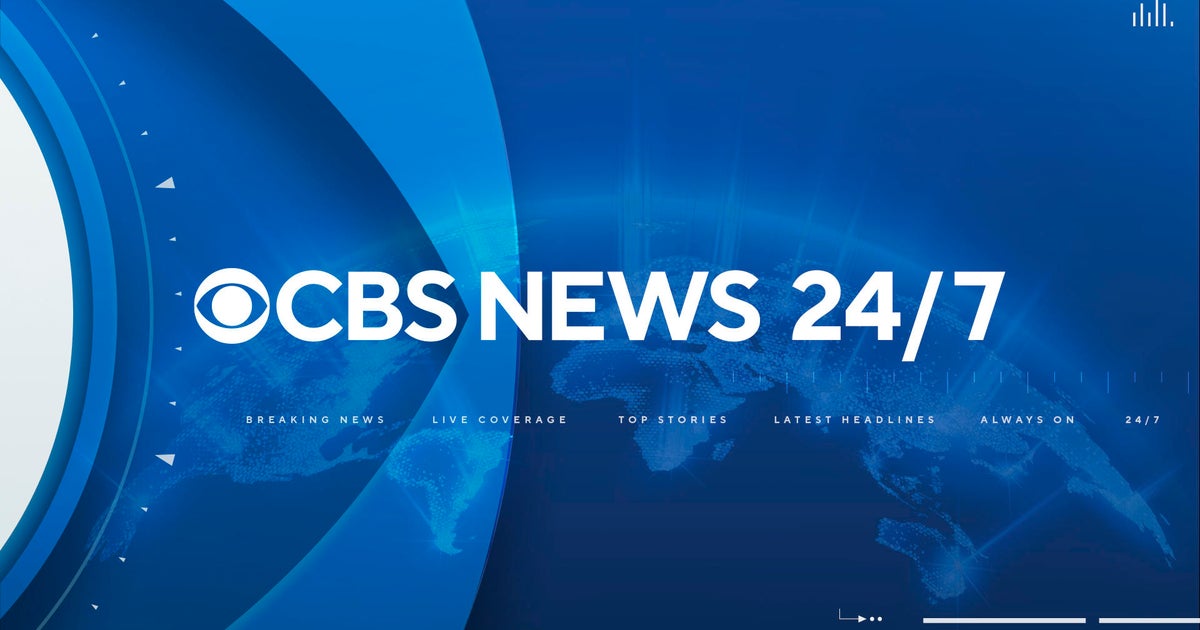Browsing the Information Landscape: Tips for Finding Credible Info
In an age where info is bountiful yet typically unstable, browsing the information landscape with discernment is vital. Establishing the credibility of sources is the primary step, as understanding the qualifications of writers and the track record of their publications can considerably influence the top quality of information eaten. Additionally, identifying biases and cross-checking realities are essential techniques for promoting notified viewpoints. As we take into consideration these strategies, one need to question exactly how to effectively apply them in today's swiftly advancing media atmosphere-- an exploration that might disclose more than expected concerning our interaction with information.
Assessing Resource Credibility
Assessing source trustworthiness is necessary for guaranteeing the integrity of info in an age noted by information overload. As people navigate different forms of media, from electronic short articles to social media networks, discerning qualified sources comes to be paramount. Secret factors to take into consideration when evaluating resource reputation include the authority of the writer, the magazine's credibility, and the proof provided to support insurance claims.
First, examine the author's credentials and competence in the subject issue. Writers with pertinent scholastic or professional backgrounds are more probable to supply reliable insights. Next off, take into consideration the publication's track record; developed media electrical outlets usually abide by journalistic requirements and fact-checking protocols, making them more credible.
In addition, evaluate the high quality and importance of the evidence provided. Reputable sources frequently cite peer-reviewed studies, specialist interviews, or official stats, which strengthens their claims.
Cross-Checking Information
Cross-checking info is an essential technique for validating the accuracy of insurance claims and preventing the challenges of false information. This procedure includes comparing details from numerous reliable resources to identify its validity.
To effectively cross-check details, it is crucial to make use of diverse resources, including developed wire service, scholastic journals, and professional opinions. Each resource might give a special viewpoint or extra context that boosts understanding. Furthermore, take notice of the magazine dates of the information being assessed, as updates or corrections might have been released.
Additionally, think about the context in which information exists. Seek substantiating evidence, such as information, meetings, or firsthand accounts, that lend credibility to an insurance claim. Be mindful of sensational headlines or emotionally billed language, as these can suggest an attempt to control understanding.
Recognizing Prejudice and Viewpoint
Recognizing prejudice and perspective is vital for navigating the complex landscape of info. Every item of news is filteringed system with the lens of the writer's experiences, beliefs, and affiliations, which can substantially form the narrative offered. As consumers of information, it is vital to identify these predispositions, as they can cause distorted assumptions of fact.

It is also crucial to recognize your very own biases. Personal ideas can affect just how you analyze information, making it important to approach news with a vital mindset. Engaging with diverse perspectives can aid combat individual predispositions, permitting an extra spherical understanding of issues.
Inevitably, identifying bias and viewpoint in news reporting is not simply an academic exercise; it is an essential skill for notified citizenship in a democratic culture. By growing this recognition, individuals can make even more informed decisions and add to a much more nuanced public discourse.
Understanding Fact-Checking Resources
Fact-checking resources play a crucial role in discerning the accuracy of info in an era noted by false information and sensationalism. These sources, which consist of independent organizations and on-line platforms, are devoted to confirming cases made by public figures, media electrical outlets, and social media sites articles. They employ rigorous techniques to evaluate the legitimacy of statements, often mentioning initial resources and offering context to promote understanding.
Some popular fact-checking organizations, such as Snopes, FactCheck.org, and PolitiFact, concentrate on various subjects, from political unsupported claims to viral web insurance claims. Their job not only debunks false details but additionally highlights the relevance of evidence-based discussion. By seeking advice from these sources, people can create a more critical method to the information they encounter.
Additionally, numerous fact-checking platforms supply easy to use interfaces that enable quick searches by topic or insurance claim, making it less complicated for individuals to locate appropriate information quickly. Engaging with fact-checking sources promotes essential reasoning and outfits customers with the tools required to browse the complicated news landscape successfully, eventually promoting a more educated public discourse.

Using Trusted Information Aggregators
In check out this site today's fast-paced discover this info here info landscape, trusted information collectors function as important tools for individuals seeking reliable news sources. These systems assemble newspaper article from numerous reliable outlets, providing individuals with a consolidated sight of current events. By curating web content from developed media organizations, aggregators aid individuals avoid the risks of misinformation and sensationalism usually common in less trustworthy sources.
When using news aggregators, it is critical to pick ones that focus on top quality over amount. Try to find systems that employ extensive content standards, making certain that the news provided is accurate and credible. Popular collectors like Google Information, Feedly, and Flipboard enable users to tailor their news feeds based on topics of passion, allowing a customized experience that can enhance understanding and recognition.
Additionally, aggregators often include functions such as fact-checking integrations and individual scores, additionally aiding consumers in discerning credible details - news. Nevertheless, while information collectors are advantageous, customers need to stay vigilant and cross-reference information with key sources when required. By leveraging trusted information collectors properly, people can browse the intricate media landscape while staying informed with reputable and diverse perspectives
Verdict
In final thought, navigating the information landscape requires a systematic strategy to ensure the usage he said of credible info. Furthermore, making use of fact-checking sources and trusted information collectors boosts the capacity to recognize accurate coverage from false information.